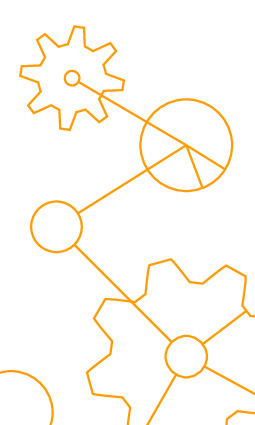|
|
|
| Module code: WIMAScWPF-FÜ4 |
|
2V (2 hours per week) |
|
3 |
| Semester: according to optional course list |
| Mandatory course: no |
Language of instruction:
German |
Assessment:
Written exam und presentation (60 Minuten; Weighting 70% resp. 30%)
[updated 18.12.2018]
|
WIMAScWPF-FÜ4 Industrial Engineering, Master, ASPO 01.10.2014
, optional course
|
30 class hours (= 22.5 clock hours) over a 15-week period.
The total student study time is 90 hours (equivalent to 3 ECTS credits).
There are therefore 67.5 hours available for class preparation and follow-up work and exam preparation.
|
Recommended prerequisites (modules):
None.
|
Recommended as prerequisite for:
|
Module coordinator:
Prof. Dr. Uwe Leprich |
Lecturer:
Lehrbeauftragte
[updated 06.01.2020]
|
Learning outcomes:
After successfully completing this module, students will have in-depth knowledge about the market and business processes of the German energy sector. They will be able to place key transformation developments and problems of the energy transition in an overall context and critically analyze and evaluate them.
[updated 18.12.2018]
|
Module content:
The energy industry is facing an epochal change due to the energy transition. As an infrastructure industry where the market players are strongly interdependent as a result of the grid-related interchange, input from numerous fields of science and technology will be necessary in order to cope with the system transformation. Based on experience from the field of change management in the energy industry, we will discuss methods and processes from the areas of networks and trading, as well as the energy regulatory framework. On the basis of this knowledge, we will analyze and discuss current developments (smart grid/ virtual power plants etc.).
[updated 18.12.2018]
|
Teaching methods/Media:
A detailed outline with references and a set of slides will be provided for this module. In addition to the lecture, students will analyze current articles, as well as television, radio and Internet contributions.
[updated 18.12.2018]
|
Recommended or required reading:
Depends on current developments.
[updated 18.12.2018]
|


